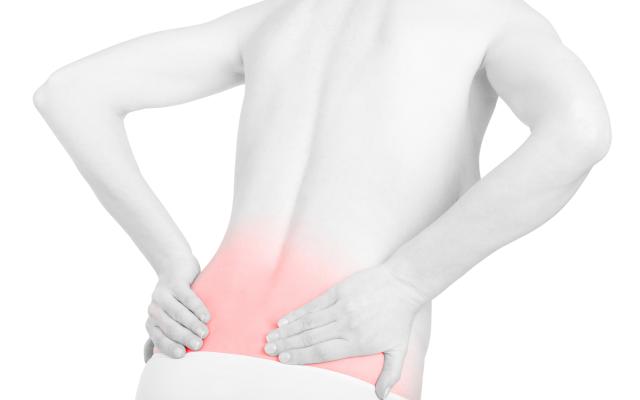NSAID-gastropathie, dat wil zeggen het optreden van ulcera in het bovenste deel van de tractus digestivus bij gebruik van NSAID’s en de complicaties daarvan, is een onderwerp dat al jaren in de belangstelling staat. In een recent onderzoek bij ruim 50.000 NSAID-gebruikers in de eerste lijn bleek dat adequate gastroprotectie steeg van 7% tot 39% in de periode van 1996-2006; bij 60% werd echter geen profylaxe voorgeschreven.1 Bij patiënten met reumatoïde artritis is aangetoond dat NSAID-gastropathie voor een belangrijk deel voorkómen kan worden door gebruik van protonpompremmers (PPI’s) bij hoog-risicopatiënten, eradicatie van Helicobacter-infecties, betere behandeling van reumatoïde artritis, en het optimaal volgen van richtlijnen.2,3 De huidige richtlijn ter preventie van NSAID-gastropathie in Nederland stamt uit 2003.4 Deze adviseert profylaxe voor hoog-risicopatiënten, met name patiënten van 70 jaar en ouder of met een ulcus in de voorgeschiedenis: het toevoegen van een PPI of misoprostol, dan wel…
Preventie van NSAID-gastropathie: verschil tussen een coxib en toevoeging van een PPI

Several strategies are available for the prevention of NSAID gastropathy: the addition of misoprostol or proton pump inhibitors (PPIs) to conventional NSAIDs, or selective use of cyclo-oxygenase 2 inhibitors, the ‘coxibs’. The recently published CONDOR study was a randomized trial comparing celecoxib with omeprazole in patients at high risk for NSAID gastropathy. A statistically significant reduction in the primary endpoint was found: hazard ratio: 4.3 (95% CI: 2.6-6.7; p < 0.0001). However, the reduction was largely based on a higher incidence of anaemia in the diclofenac plus omeprazole group. The study has strengths and weaknesses. The most important conclusion is that the nature of the gastro-protective effects of celecoxib and diclofenac/misoprostol are different.
Conflict of interest: none declared. Financial support: none declared.



Reacties